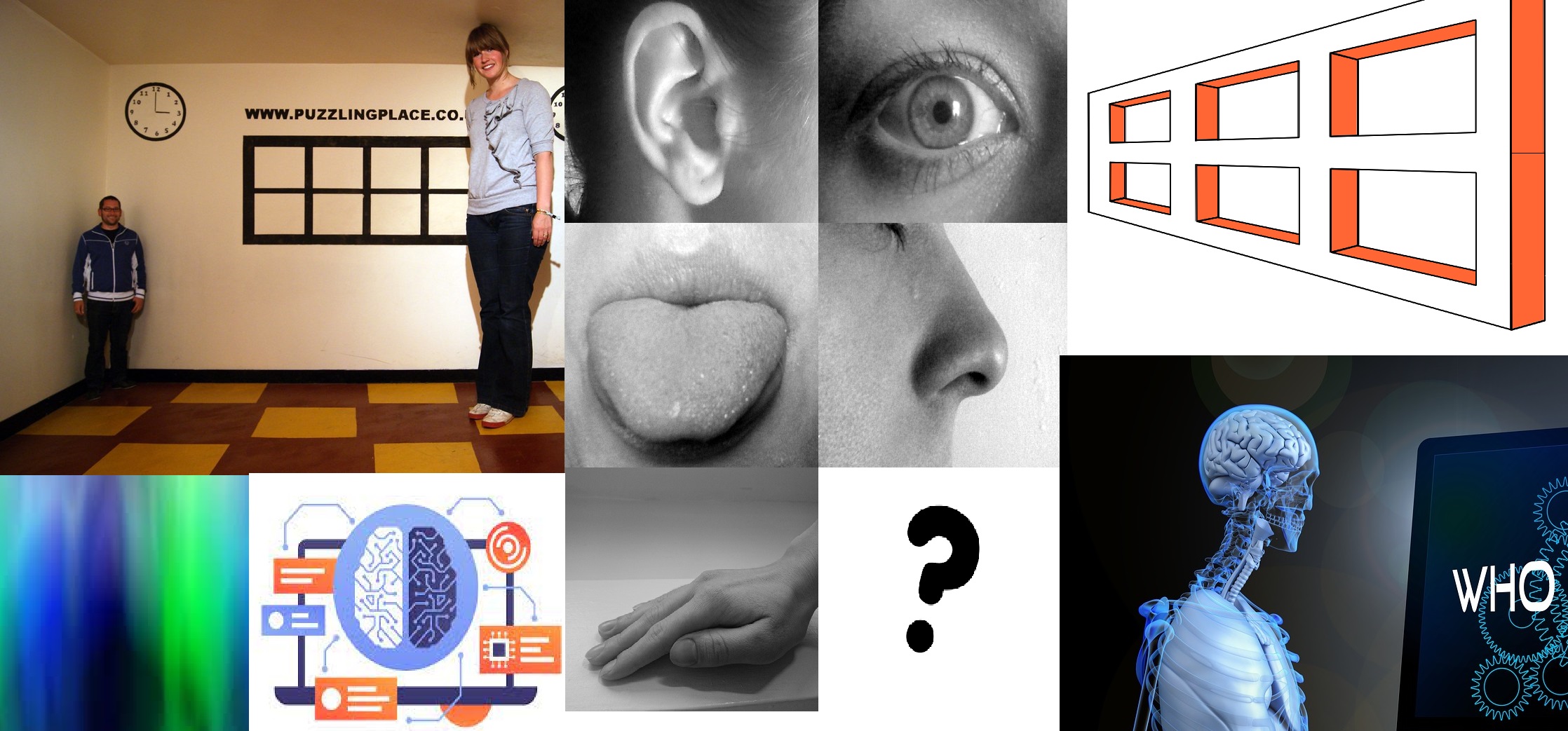The grand symphony of senses
Posted on December 24, 2022 • 4 minutes • 806 words
Welcome back, dear readers. Let me start by asking you to do this small exercise. Close your eyes, catch any object near you, and try and guess if you can generate a picture of it. Let’s say you caught a ball and you could immediately visualize it. But do you think someone who never saw a ball, a blind man, could he have visualized the same? Come with me to further explore the grand symphony of our senses.
Our sense organs collect data and process it almost continuously. It is interesting to think that vision, sound, smell, taste and touch are the only ways we interact with this wide cosmos. Our comprehension of this universe only lies with these senses. But a few people disagree to say that we have a more powerful tool for comprehending the universe. A few people regard this as intuition and a few more channel it into logic and call it math. But basically, there are two views on how humans process thoughts.
While one school of thought agrees that we only develop on what we gather from our senses, others believe that our abilities are not limited to senses, but something beyond that helps us comprehend reality. Although it is true that we live more in our heads than with our senses, it is still not clear if our mind’s data is only from our senses or more than that. To understand this, let me get back to my first question. The information you take from your hand, can you actually visualize it? This could only be understood when you ask a blind man to feel an object. Once he miraculously gets his sight back, Could he recognize the same object with his eyes?
This experiment has actually been conducted on blind men who surgically got their vision. It is strange that the population could not significantly recognize the same object with vision and with touch. Similar experiments with complex shapes in healthy individuals give the same results. The fact is, you do not process the information from your eyes and skin the same way.
It is a grand symphony of senses that we witness every day. You collect information from different senses, correlate them and try to understand reality. We now know that the form of information gathered from the senses is completely different and difficult to process in a different way. This shouts out how incapable we could be, but this does not confirm that we cannot gather information from other superior sources.
But the fact is, even in a situation like that, can we understand what the universe whispers into our ears? This question has haunted many philosophers for ages. A monkey can sure not solve calculus, and similarly, how limited are humans? Not only do you perceive biased information, but you also gather information in a biased manner. Colavita effect states that humans have a visual dominance of gathering information compared to any other senses. In some cases, you get so involved seeing, that you did not even hear anything.
It will surprise you if I tell you that the ability of your senses is minimal than what you thought it was. The Himba tribe in southwest Africa use different words to describe different shades of green, and they use the same word to describe blue and green. So they in fact recognize different shades of green more easily than recognise blue and green colours. The brain associates sound (language) to vision (colours) and prioritizes the thought process accordingly. Indeed, language and culture can also play a role in how you see the world.
The brain is limited not only by what it gathers, but it is also limited to language, culture, and ecological niche. Rural people who do not see many rectangle shapes tend to be lesser susceptible to trapezoidal optical illusions than those who live in a world with many rectangles. Similarly, complex languages like Sanskrit have many words to describe the human moods not captured by English. Scholars thus believe that those knowing such complex languages can experience life differently. But never accept anything I say, just ponder on it.
With these little explorations, I would like to encourage myself with the thought of humility. We are so limited in our ability to gather information that we only depend on our senses that are biased toward our environment. Have our senses evolved to escape, or to explore? In an age where computers too are now being trained to connect vision and touch, we must question the power of the grand symphony of our senses. What we hear, see, and smell… can they change us? Do we have a higher awareness that we can comprehend? It turns out that there is nothing in this universe more than yourself, and nothing so limited than yourself.
